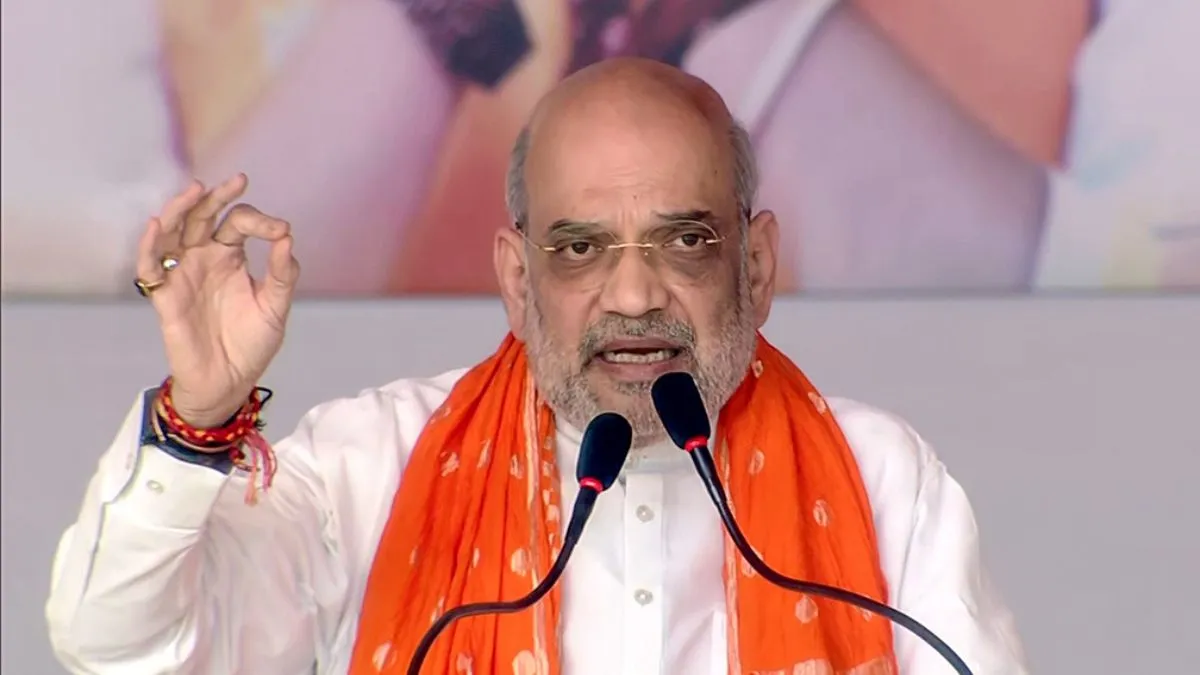- By Kamal Kumar
- Sun, 10 Nov 2024 07:49 AM (IST)
- Source:JND
Maharashtra News: Senior BJP leader and Union Home Minister Amit Shah is set to release the party’s manifesto for the Maharashtra Assembly elections on Sunday. While BJP's charter of promises will be released today, the Congress has already unveiled its manifesto and promised five major guarantees for Maharashtra. With the election just around the corner, campaigning is heating up in the state.
The opposition MVA alliance, which includes the Congress, Shiv Sena (UBT), and NCP (Sharad Pawar faction), aims to challenge the ruling Mahayuti alliance and reclaim power. One of the most closely watched contests is in Baramati, where NCP leader Ajit Pawar faces his nephew, Yugendra Pawar, son of Ajit’s younger brother Srinivas Pawar.
Congress Promises Rs 3,000 For Women, Rs 3 Lakh Loan Waiver
The Congress has already released its manifesto, promising five major guarantees for Maharashtra. These include a monthly allowance of Rs 3,000 for women, free bus travel for women and girls under the Mahalakshmi Yojana, loan waivers up to R 3 lakh for farmers, and an incentive of Rs 50,000 for regular loan repayments.
Other promises are a caste-based census, raising the reservation limit to 50% for unemployed youth, health insurance coverage of up to Rs 25 lakh, free medicines, and monthly assistance of up to Rs 4,000.
Sharad Pawar Behind Caste Census: Raj Thackeray
Maharashtra Navnirman Sena (MNS) chief Raj Thackeray accused NCP president Sharad Pawar of promoting caste politics in Maharashtra on Saturday. Speaking at an election rally, Thackeray claimed that caste-based politics has created divisions between Marathas and OBCs.
He alleged that Pawar initiated caste politics in the state, spreading hate for political gains. Thackeray said that previously, tensions were stoked between Brahmins and Marathas, and now it’s between Marathas and OBCs. He urged voters to focus on candidates’ work rather than caste, recalling how Chhatrapati Shivaji Maharaj united diverse communities to establish Swarajya, a vision now overshadowed by caste divisions in the state.


